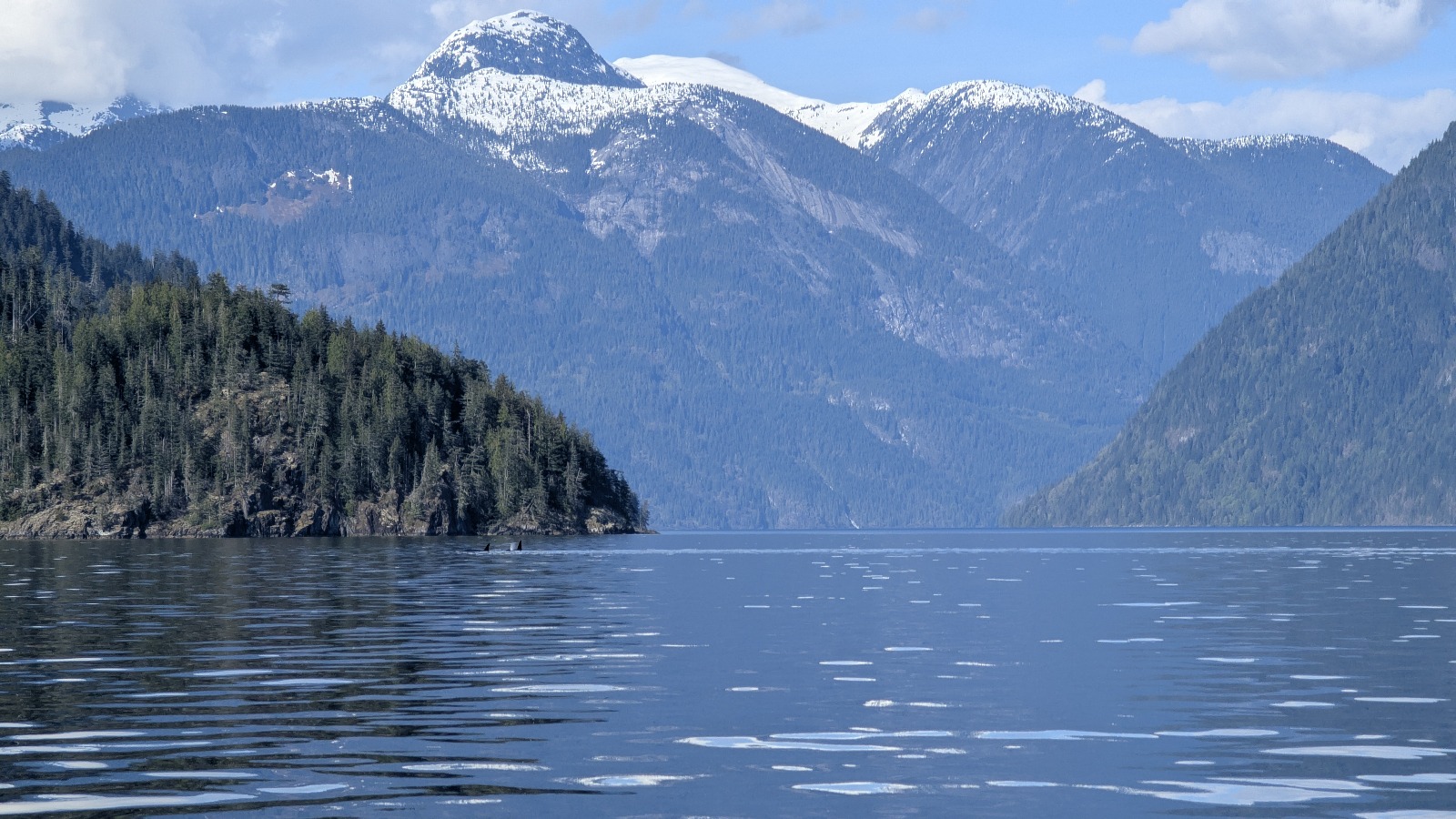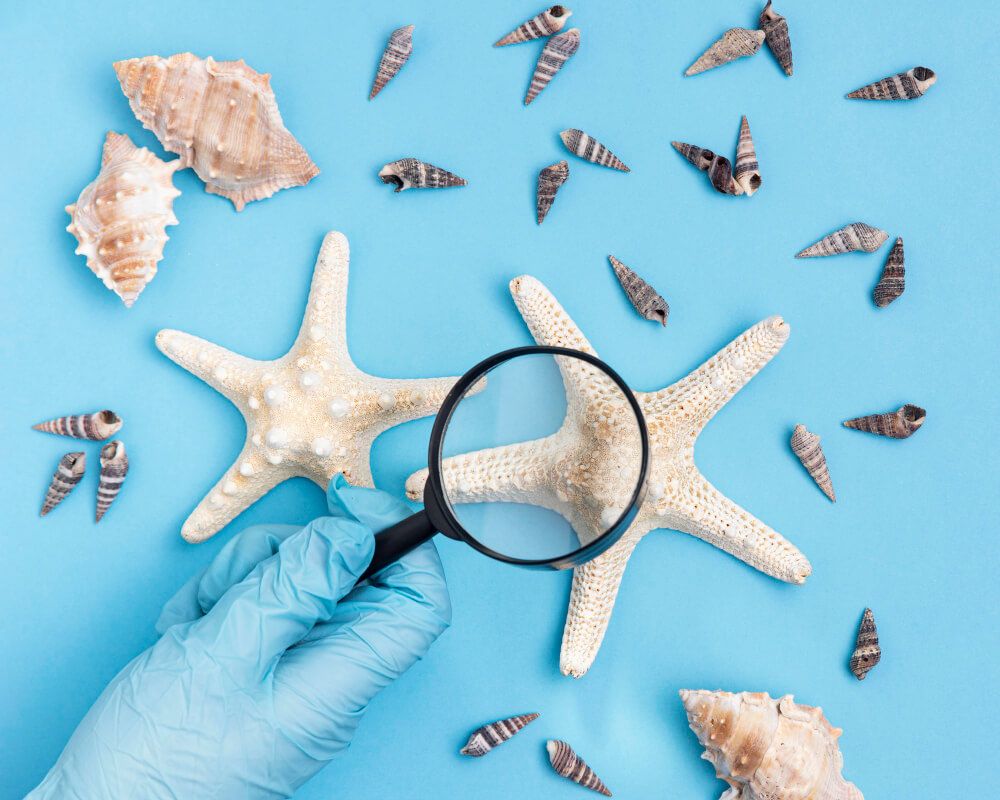
Support a Sustainable Blue Future
Protect coasts. Power innovation. Train ocean leaders. Your gift drives lasting impact!

Protect coasts. Power innovation. Train ocean leaders. Your gift drives lasting impact!
Ocean Research | 29-04-2025
by Denis Otieno
Share article

On the rugged shores of Quadra Island, British Columbia, ONN Board Chair Dennis Otieno recently joined fellow scholars for an immersive field experience with the Hakai Institute. Despite the rain-soaked skies, the team ventured into the intertidal zone to conduct biodiversity sampling, gathering data from tide pools, algae-covered rocks, and marine invertebrates that thrive between the ocean and land.
More than just a data collection exercise, this was a transformative encounter with nature and a hands-on lesson in resilience. From identifying species like Littorina sitkana, a small yet steadfast snail that survives in some of the ocean's most dynamic environments, to navigating unpredictable weather, the fieldwork mirrored the challenges posed by climate change: shifting baselines, rising seas, and ecological uncertainty.
At ONN, field-based science is key to capacity building for coastal youth. It cultivates skills in ecological monitoring, species identification, and data interpretation while building confidence and leadership. In a rapidly changing climate, such capacity is essential for future scientists and communities that depend on healthy marine ecosystems.
Biodiversity sampling plays a critical role in climate research. It helps scientists understand how ecosystems respond to warming oceans, acidification, and habitat loss. These insights inform adaptive management strategies and conservation efforts across the globe. For young professionals like Dennis, participating in these efforts offers a unique opportunity to contribute to science while grounding their knowledge in real-world experiences.
But beyond the data, it is the process that matters. Working in the field fosters empathy for the ocean, deepens our relationship with the environment, and teaches us that stewardship starts with presence. Even in the rain, learning never stops.
As part of ONN's broader mission to empower the next generation of ocean leaders, we continue to support opportunities for youth to engage in experiential learning, coastal monitoring, and science communication. Through partnerships, mentorship, and hands-on training, we're not just building careers. We're building climate resilience, one tide pool at a time.
Ocean Research